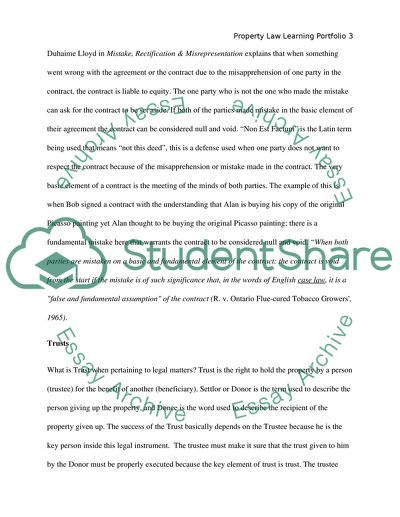Cite this document
(Key Aspects of Property Law Coursework Example | Topics and Well Written Essays - 1250 words - 1, n.d.)
Key Aspects of Property Law Coursework Example | Topics and Well Written Essays - 1250 words - 1. https://studentshare.org/law/1566044-property-law-learning-portfolio
Key Aspects of Property Law Coursework Example | Topics and Well Written Essays - 1250 words - 1. https://studentshare.org/law/1566044-property-law-learning-portfolio
(Key Aspects of Property Law Coursework Example | Topics and Well Written Essays - 1250 Words - 1)
Key Aspects of Property Law Coursework Example | Topics and Well Written Essays - 1250 Words - 1. https://studentshare.org/law/1566044-property-law-learning-portfolio.
Key Aspects of Property Law Coursework Example | Topics and Well Written Essays - 1250 Words - 1. https://studentshare.org/law/1566044-property-law-learning-portfolio.
“Key Aspects of Property Law Coursework Example | Topics and Well Written Essays - 1250 Words - 1”. https://studentshare.org/law/1566044-property-law-learning-portfolio.


